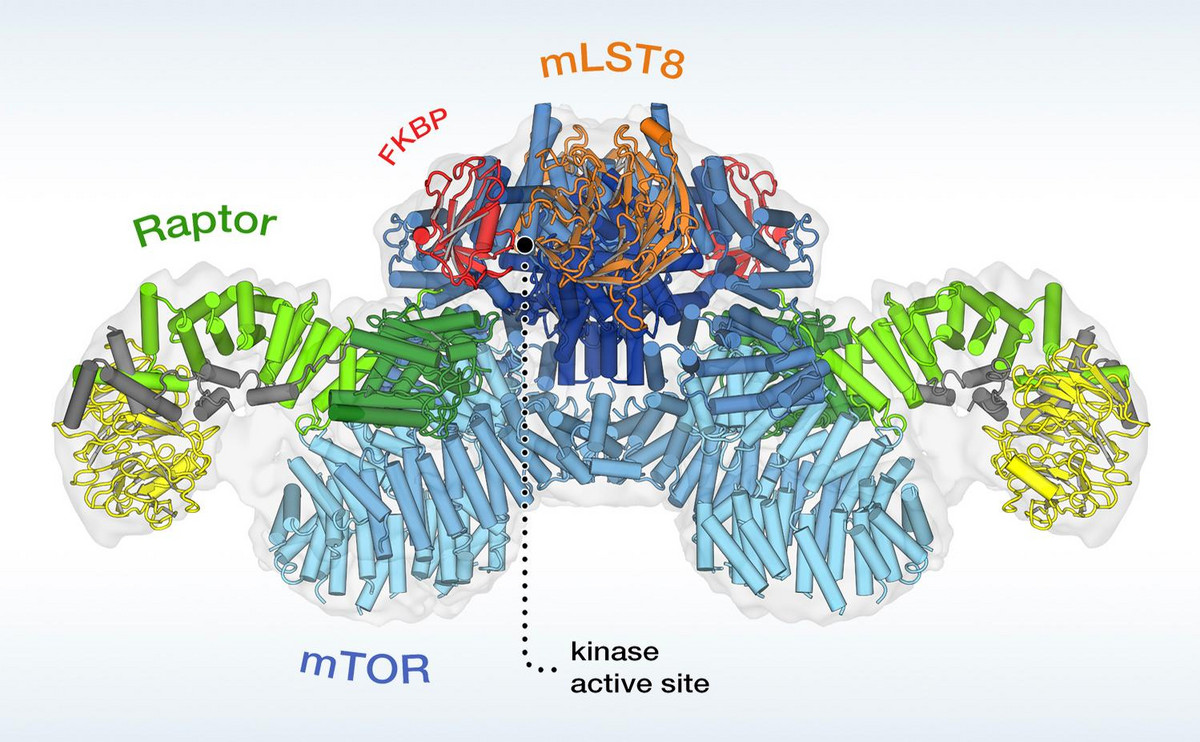Main Content
TOR signaling and the control of cell growth
Understanding the molecular mechanisms that control growth and metabolism in health and disease may reveal new therapeutic strategies for a wide variety of disorders.
Cell growth is a highly regulated, plastic process controlled by TOR-dependent pathways in response to nutrients, growth factors and energy.
TOR is a major controller of cell growth
TOR (Target of Rapamycin) is a conserved protein kinase that controls a wide range of metabolic processes. More importantly, TOR is a central controller of cell growth that plays a key role in development and ageing. TOR is implicated in many disorders including cancer, cardiovascular disease, diabetes, and obesity. The aim of our research is to elucidate the mechanisms by which TOR is regulated and in turn how it controls its many processes in both health and disease.
Investigating TOR signaling in human tumors
We study TOR signaling and growth control in the yeast Saccharomyces cerevisiae, in mammalian cells, in mice and in human tumors using biochemical, genetic and cell biological approaches. The work with human tumors is a translational research project that relies on close collaborations with clinicians.
New therapeutic strategies
Cell division, growth and death are the most fundamental features of life. Our studies contribute to understanding the important process of cell growth. Understanding mammalian TOR (mTOR) signaling and how it is dysregulated in disease may reveal new therapeutic strategies for a wide variety of disorders.




